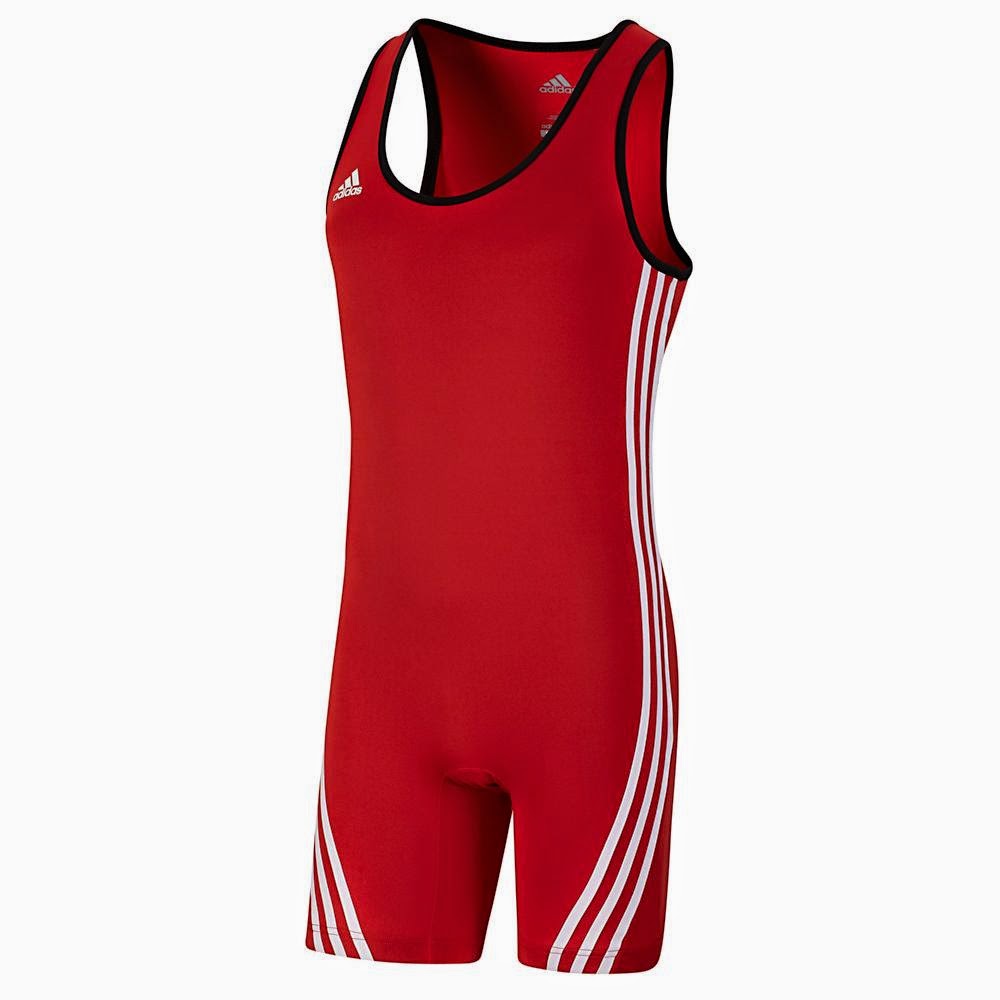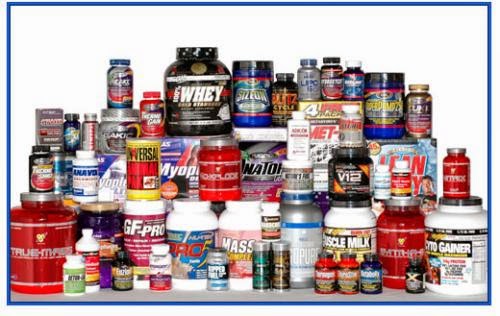Weightlifters have been wearing belts for support as long as
there have been competitions. Belts were originally just a piece of leather
with a buckle at the end. In the 70’s The Russians added a piece of leather
under the buckle to prevent pinching. The Bulgarians improved upon that by moving
the belt over to the side to prevent from hitting the buckle in the clean. In today’s world we now see belts that are made
of nylon, Velcro and other non-traditional materials.
Powerlifters have a
belt that is the same width across the entire length of the belt. This is
because they generally use a low bar squat and don’t have to worry about
getting into a full squat position. Olympic lifting belts are narrower at the
ends in order for the belt to sit below the rib cage in the clean while in the
full squatted position.
So when should you
use a belt. I was always taught to only use your belt when attempting max lifts.
By this I mean Max Squats and Max Clean and Jerks. While warming up, and
lifting all other attempts up to 90% of a lifters Max, no Belt is worn. Lifting
without a belt up until that point helps to decrease the lifters reliance on
the belt, and increase the feeling of Support while wearing it. 99% of lifters
do not wear a belt while snatching because the snatch pull happens exactly where
the belt sits and it would get in the way.
When tightening the
belt before a lift, don’t tighten to the point that you cannot take a breath.
Make sure there is always at least room for a finger or two. Making the belt to
tight can lead it to push up under your rib cage in the clean, or prevent you
from taking a deep breath before the Jerk.
Happy New Years Eve Everyone. Have a Great evening, see you in the New Year.
Happy New Years Eve Everyone. Have a Great evening, see you in the New Year.






























